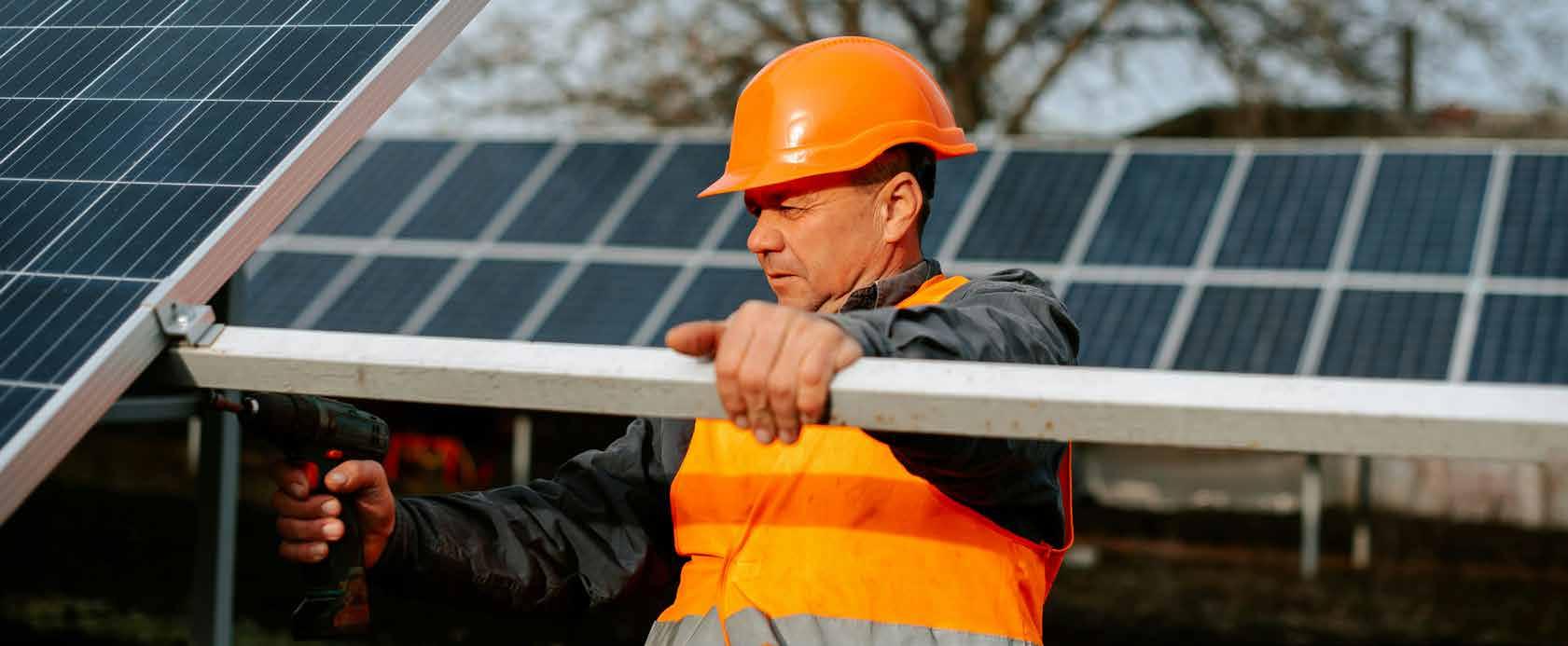
3 minute read
Who Needs a Green Economy Hub?
Frustrated by the slow pace of change on the environmental policy front? Concerned about extreme weather? Me too. But instead of waiting for provincial and federal environmental policies to change— and instead of feeling panicky about the precarious state of the world—we can take action ourselves.
How? By supporting our community’s transition to a more sustainable economy. If, like me, you’re not sure where to start with that plan, the Collingwood Climate Action Team (CCAT) is in our corner, helping systemic change feel doable.
Founded in 2019, the CCAT is a registered charity that works with municipal government, businesses and the public, advising on and implementing plans for energy use, waste reduction, transportation and more. This year, the CCAT has partnered with Green Economy Canada on a Green Economy Hub Pilot Project, establishing a cohort of businesses in Southern Georgian Bay who will undertake carbon audits and create customized plans and targets. Ideally, the pilot will lead to the region’s designation as a Green Economy Hub, joining Sudbury, Waterloo Region and others across Canada. A hub offers many advantages, including access to a national network of sustainability experts and businesses already making the transition to lower-carbon or net-zero practices.
Becoming a hub is an ambitious endeavour, the success of which will depend on a widely held and unshakeable belief in the green-economy cause. I asked Catherine Daw, board chair at CCAT, if they have faced headwinds due to the recent preponderance of disinformation around climate change and decarbonization. “So far we haven’t had that as an issue with businesses,” she reports. “We’re finding that the hesitancy is around the fact that [business owners] are so stressed with everything else that’s going on—and running a business. They’re just concerned about the amount of time it’s going to take them to do some extra work.”
A former business owner herself (and repeat-selected as a top Canadian woman entrepreneur by Profit magazine) Daw understands this concern. “What scares a lot of people is that everything feels so overwhelming…. So we’re spending more time making businesses aware of what is possible and discovering ways they could actually make savings by changing some operating practices,” she says. For example, any cost-benefit analysis would find that installing even a small solar array will eventually result in energy cost reductions.
But making such changes en masse requires a shift of ingrained habits and deep-seated processes—never an easy sell at the best of times. And most people don’t see an urgent need to change, Daw points out, because the Great Lakes region has been relatively insulated from the climate crisis; it has so far avoided extreme wildfires, for instance. “In many ways, we’re fairly protected here,” she says. “We don’t notice the subtle changes.”
And even the most obdurate climate skeptics can’t ignore climatological facts: Earth’s hottest year on record was 2023—until last year’s temperatures broke that record. But instead of hardpitching with scary data, Daw sees the CCAT strategy as emphasizing the importance of a sustained, multi-partner cooperative effort. “The transition to a green economy is a shared responsibility,” she says. “More heavily weighted with government at all levels to create policies, programs, incentives and overall direction; businesses through innovation, technology and sustainable practices in production and consumption; and people in what choices we make and how we live.”
Daw adds: “There are lots of solutions out there, and a lot happening. Millions of people are making change. We just need to keep going to increase the momentum.” www.collingwoodclimateaction.com

